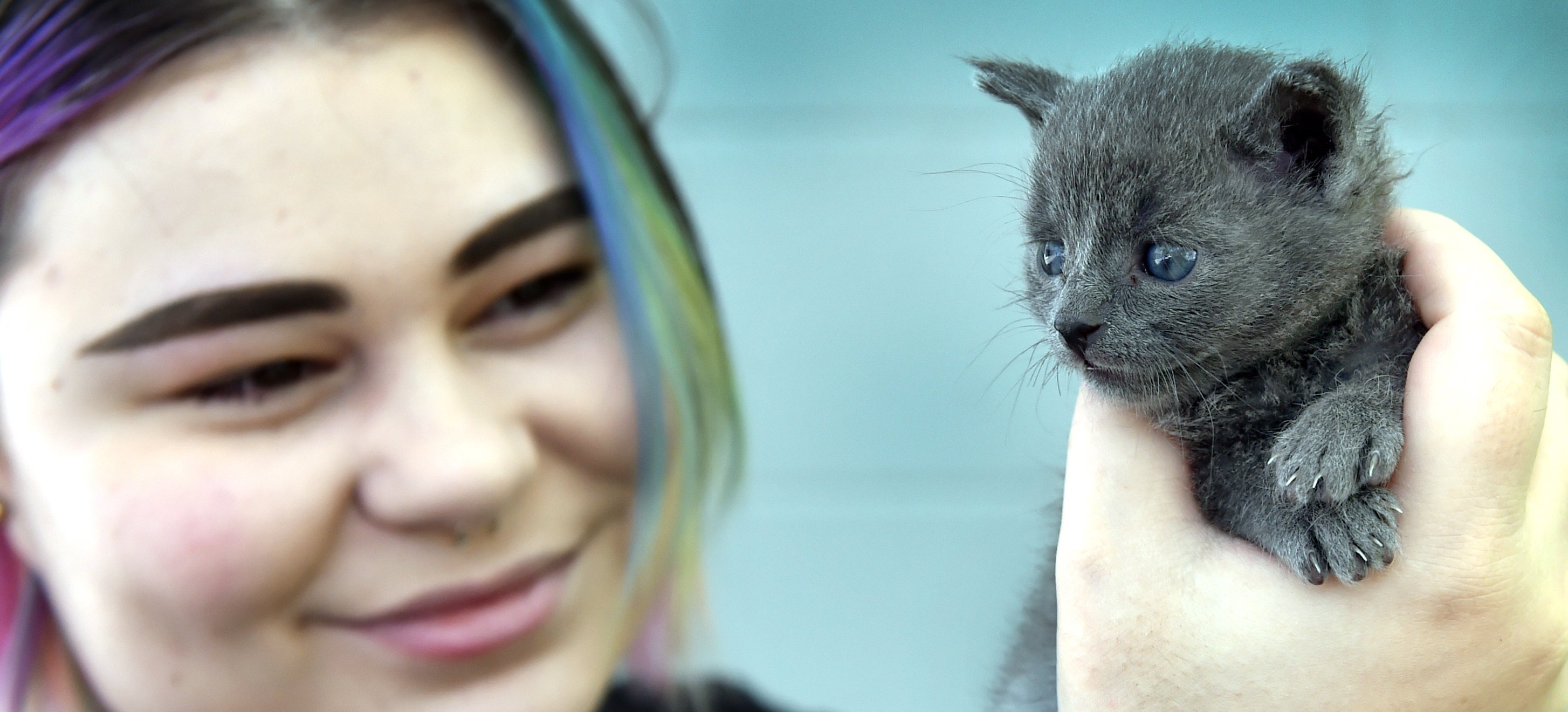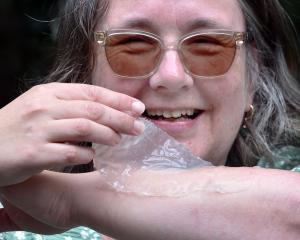
Last month, SPCA foster parents Ayla Masson and Fin Spencer took in Eris, a little grey kitten named after the little grey planet.
He is their second foster cat.
Dunedin SPCA community support officer Eric Odell said breeding season was on the horizon, which meant the centre would soon be flooded with kittens.
Last year, the centre took in 200 kittens.
"We're always looking for more fosterers and, with school holidays coming up, it's a great way to keep the kids busy."
He said it could be a "few weeks kind of commitment," and the SPCA would provide all the food and toys.
People also did not need to be home all day — many people with 9am-5pm jobs were fostering kittens.
"All you need to do is be willing to care for them, make sure they're fed, alive, play with them when you can."
Mr Odell said getting the kittens out of the shelter was important for socialisation, including with children.
More importantly, with more than 40 kittens at the shelter, it was hard to monitor them all, whereas when they are in homes, foster parents could often spot problem behaviour.
"Fostering lets them get out and exploring more, gives them more life experience than the shelter does."
Ms Masson, said she was looking after a "neonate" kitten, which was a bit more specialised than what the SPCA was asking from others.
"Eris was about five days when we got him, and he’s quadrupled in size since then — someone just found him in a street gutter."
Now, she was asking others to open their homes for a few weeks at a time.
"It's harder in shelters, they can’t be watched as much, and it's not quite as comfortable."
But if people wanted, they could enrol in a class at the SPCA to learn the skills needed, which include feedings, manually toileting kittens and burping them.
"It's literally like having a newborn, but they do grow up a little quicker."
Usually, kittens are ready to be adopted at about nine weeks, but Eris will be staying permanently with his foster parents.











